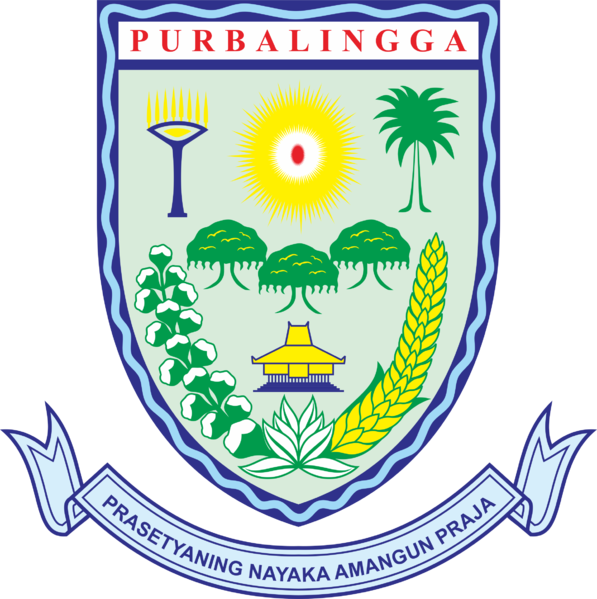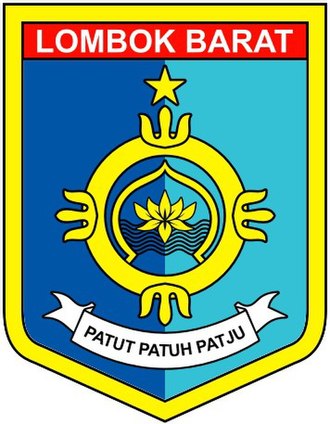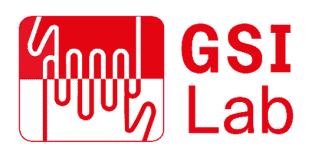Funder
Gates Foundation (INV-070822)
Principle Investigator
Anuraj H. Shankar
Partners
Ministry of Health
District Government of West Lombok
District Government of Purbalingga
Summit Institute for Development
GSI Lab
SPHERES will revolutionize public health through triple synergy:
The project is implemented as a large-scale stepped-wedge cluster randomized trial, rolling out interventions to 42 community health centers across two districts reaching a combined population of 1.75 million people.
At the heart of SPHERES is the creation of Indonesia’s first district-level health data ecosystem, where data interoperability empowers clients with access to their secure health records and enables health workers to take real-time, point-of-care and system-wide actions that improve service delivery and health outcomes.

Indonesia is undergoing a digital transformation in healthcare, led by the government’s SatuSehat (OneHealth) initiative. This program integrates digital medical records, mobile apps, and data-sharing systems to improve healthcare efficiency and accessibility. However, despite significant progress, challenges remain. Many digital tools are underutilized, and frontline health workers lack the training and support needed to fully benefit from them.
In collaboration with the Ministry of Health, local district governments, and local non-profits, SPHERES is designed to bridge the gap between technology and real-world healthcare needs by establishing Public Health Data Theaters (PHDTs)—dedicated centers that will transform how health data is monitored, analyzed, and used for decision-making.
At the core of SPHERES is the Public Health Data Theater (PHDT), an innovative training, research, and decision-making hub designed to help healthcare professionals make real-time, data-driven decisions.
SPHERES will achieve this through three key steps:
SPHERES transforms traditional public health practice into translational, computational, community health interventions and research—leveraging the latest in artificial intelligence, interoperable digital platforms, social science frameworks, and human resource capacity-building to deliver measurable improvements in health outcomes. With this approach, SPHERES will create a system where health data is not just collected but actively used to improve healthcare outcomes across Indonesia.
SPHERES aims to:
We have selected two districts, West Lombok and Purbalingga, for project implementation. In each district, a flagship public primary care center has been chosen as the starting point for the project roll-out across the district. The project is scheduled to run until the end of 2026.



